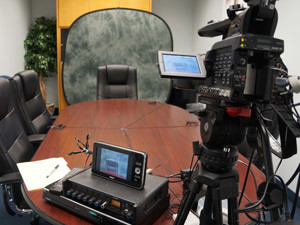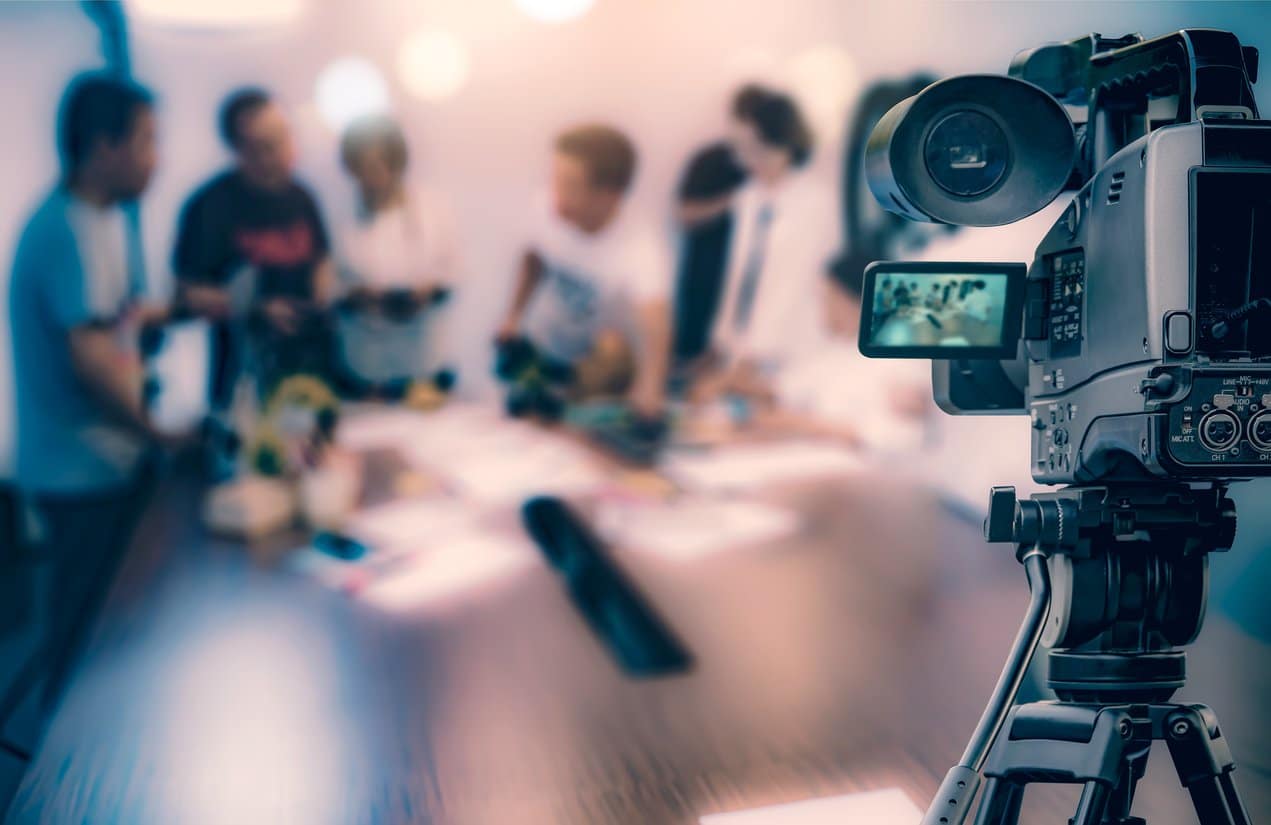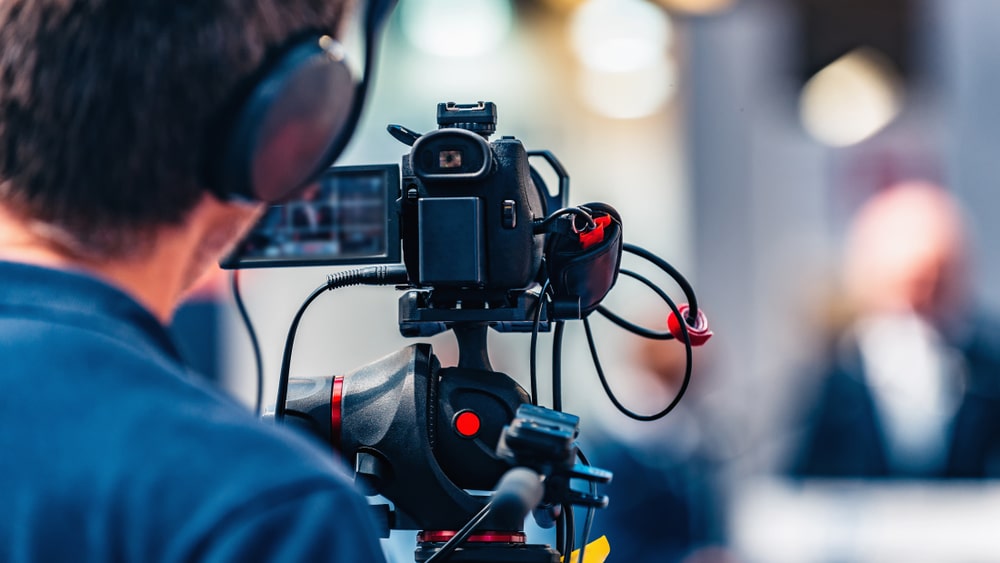Reliable Legal Videography for Courtroom Documentation.
Reliable Legal Videography for Courtroom Documentation.
Blog Article
The Duty of Lawful Videography in Depositions and Trials
Lawful videography has actually emerged as an important device in both depositions and tests, giving a multifaceted technique to recording witness statements. As lawful professionals increasingly recognize its worth, it motivates a deeper assessment of how these aesthetic records can affect juror perceptions and test outcomes.
Significance of Lawful Videography
Lawful videography plays a critical function in the documentation and discussion of depositions and tests. This specific area integrates technical abilities with legal knowledge to create a dependable document of proceedings that can substantially affect situation results. The aesthetic facet of lawful videography improves the understanding of witness testament, permitting jurors and judges to observe not only the spoken words however additionally the demeanor, feelings, and body language of the witnesses.

The importance of lawful videography prolongs past the courtroom; it additionally plays an essential function in protecting evidence for future reference, whether for charms or more lawsuit. Because of this, its assimilation right into the legal procedure is important for guaranteeing a reasonable and exact representation of the realities, ultimately contributing to the search of justice.

Process of Legal Videography
While recording the nuances of depositions and tests, the procedure of lawful videography includes numerous vital steps that make certain premium, accurate recordings. Initially, an expert legal videographer prepares by examining the situation materials and comprehending the certain needs of the deposition or trial. This prep work includes familiarizing themselves with the participants and the context, which assists in recording significant details.
On the day of the recording, the videographer establishes the required devices, which commonly includes high-definition cameras, microphones, and proper illumination. Guaranteeing optimal angles and audio top quality is critical, as it straight impacts the effectiveness of the recording. The videographer interacts with attorneys and participants to develop protocols, ensuring that every person recognizes the recording process.
During the deposition or test, the videographer diligently tape-records the procedures, paying attention to both verbal and non-verbal hints. legal videography. This includes recording the temperament and responses of witnesses and lawyers. After the session concludes, the videographer might modify the video footage for clearness and conformity with legal standards, creating a last item that accurately reflects the process for future recommendation and usage in lawful contexts
Benefits in Depositions
The incorporation of videography in depositions uses countless benefits that improve the general process of collecting proof. One key benefit is the capability to catch witness testaments with visual and auditory integrity, giving a more precise representation of the witness's attitude, tone, and body movement. This multidimensional strategy allows attorneys and courts to evaluate credibility a lot more properly than typical written records alone.
Furthermore, videographed depositions offer as an effective tool for preserving testimony. Needs to a witness ended up being not available for trial, click to investigate their recorded deposition can be played in court, guaranteeing that their evidence stays easily accessible and pertinent. This element dramatically minimizes the danger of losing important information that can influence case results.
Furthermore, the use of legal videography promotes much better prep work for lawyers. Examining video footage enables lawful groups to assess and fine-tune their strategies, recognizing toughness and weak points in their cases. This primary advantage can bring about more compelling presentations in court.
Finally, videography boosts the general expertise of the deposition procedure, instilling self-confidence in clients regarding the thoroughness of their lawful depiction. By leveraging modern technology, lawful specialists can considerably enhance the performance of depositions.
Influence On Trials
In lots of trials, the integration of videography can substantially affect the discussion of evidence and the jury's perception. Legal videography records witness statements and vital proof in a dynamic format, permitting jurors to involve with the material on multiple levels. This visual component improves the storytelling element of a test, offering context and emotional vibration that conventional text-based evidence may lack.
Additionally, video clip recordings can function as effective tools for impeachment during cross-examination. When discrepancies arise between a witness's previous statements and their court room testament, video proof supplies an unbiased reference that can sway jurors' opinions. This immediacy and clearness can bolster the integrity of an event's narrative while concurrently undermining opposing disagreements.
Furthermore, the usage of videography can aid improve complex information, making it much more available to jurors that may struggle to realize elaborate information presented entirely through spoken statement. By combining visuals with auditory information, legal videography can boost retention and understanding, inevitably influencing the jury's decision-making process. The effect of videography in trials extends past simple aesthetics; it plays an essential function in forming the lawful landscape and results.
Future Trends in Legal Videography
As we look towards the future of lawful videography, several emerging patterns promise to reshape its function within the court. One significant pattern is the assimilation of fabricated intelligence (AI) in video clip analysis website here and editing - legal videography. AI can streamline the process of identifying key moments in tape-recorded depositions, enabling lawyers to swiftly access relevant content, thereby enhancing effectiveness in instance preparation
Additionally, the increase of digital reality (VR) and boosted fact (AR) innovations is anticipated to change how jurors experience proof. By immersing jurors in a substitute atmosphere, these innovations can offer a much more extensive understanding of complicated circumstances, leading to more check over here enlightened deliberations.

In addition, the increasing demand for remote depositions, increased by the COVID-19 pandemic, will likely continue. Lawful videographers will require to adapt to new software program and systems to ensure high-quality recordings in digital settings.
Lastly, the expanding emphasis on information safety will certainly demand stricter protocols for keeping and sharing video evidence. As the legal landscape evolves, lawful videographers need to remain abreast of these trends to maintain their relevance and efficiency in the judicial process.

Final Thought
In recap, legal videography serves an essential feature in the judicial procedure, improving the integrity of depositions and trials. As modern technology continues to advance, legal videography is positioned to more change its function within the legal landscape.
Report this page